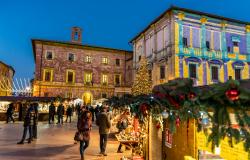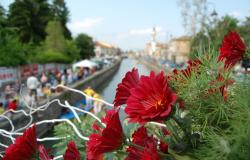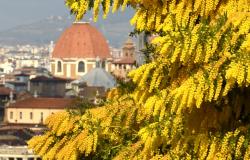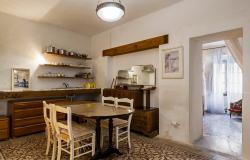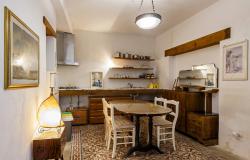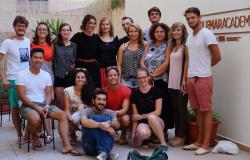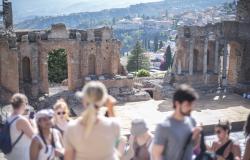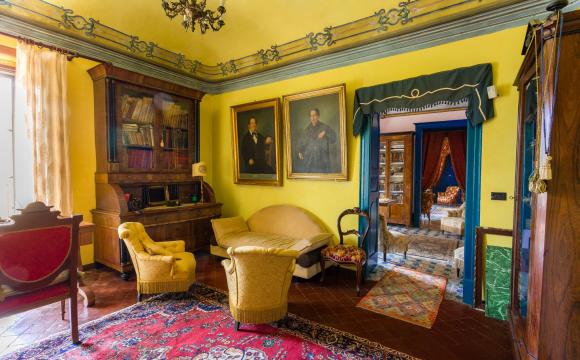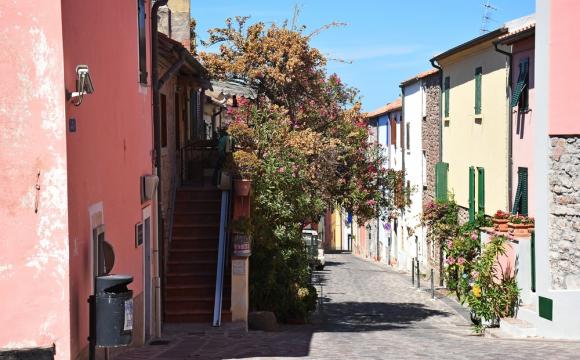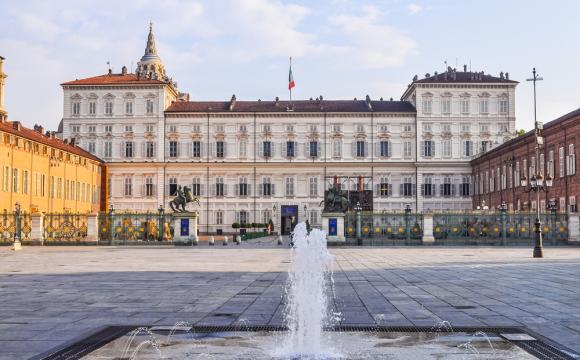It was Rosa, my Albanian cleaner and friend, who saw her first: a little old lady sitting in the passenger seat of a parked car, crying.
The car window being open, we asked her if we could help and she explained that she was desperate to go to the bathroom. Rosa helped the poor lady out of the car whilst I rushed into the nearest shop, a photographer’s, to ask if they had a bathroom that she could use.
Yes, they did, and the photographer and his assistant came outside to help too, for the lady could hardly walk. I stayed by the car so that someone would be there when her husband, the driver, returned. A few minutes later all was well and the elderly couple were on their way home, with the photographer and his assistant, having ensured that no further assistance was needed, waving and smiling. I could not help wondering whether, in the middle of busy British city, shopkeepers would have been so gentle and solicitous.

In Sicily the elderly are looked after by their families and respected, and though of course there are care homes, these are very much regarded as a last resort.
Nonno and nonna are part of every Sunday family meal and every celebration and if their ways and tales sometimes raise an eyebrow, there is always an affectionate chuckle, for it is very much nonno and nonna who can provide wisdom and help keep traditions alive.
When nonna advises her daughter-in-law on the cooking, her experience is welcomed rather than regarded as interfering and these days, like grandparents elsewhere, nonna often has a daily role to play in the upbringing of her grandchildren while their parents are at work.
If you ask an elderly Sicilian gentleman how he is, the answer will often be, “Ci difendiamo” - roughly equivalent to “Mustn’t grumble” - even if things could not be better. It is as if to be more positive would be tempting fate and this is understandable in a region which was at the mercy of invaders for so long and whose agricultural success continues to depend on the weather.
If, on the other hand, you ask an elderly woman the same question, she is likely to raise her hands in the air and say, “Insomma …..” [“To sum up…”] and nothing else, the implication being that, what with cleaning the house from top to bottom before 8 am, doing the shopping, cleaning again to make sure and getting the pasta on for lunch, things are not too bad. It is assumed that you know all about this routine and if you are wise, you will nod in agreement.
Just along the road from my apartment there is a row of small council houses and, opposite one of them, you will see a mysterious sight on fine mornings: a dining chair is tied to a lamp post and remains there for at least a couple of hours. I spent one whole summer wondering who it belonged to and why it was there until one day, going out earlier than usual, I saw how the ritual began: the elderly man who owns the chair washes his house out every day and leaves the chair on the pavement opposite, where there is more room, while the sun, streaming through the open doors and windows, dries the tiles. No one thinks his behaviour is unusual or eccentric. He is simply looking after his home.

It is often the retired husband who does the shopping too, and believe me, he is very choosy about the products he buys and he will stop to discuss the quality of the bread delivery with the baker. On market days you will see the men sitting in nearby squares chatting about the produce and the bargains they have found, while the women chat as they peruse the stalls.
I am convinced that there is something in the Sicilian air that keeps the gentlemen lively at a great age and Rosa works for one who, at ninety, continues to chase her around the house. From Rosa I also learn that things are changing, albeit slowly, for she tells me that these days many people are taking on a “badante” or carer when they are in their fifties, so that they will have someone they trust and who knows them well to help them in their old age.
One consolation of growing old in Italy is that you need not fear going into hospital and finding a DNR [“Do not resuscitate”] notice placed, without your permission, at the end of your bed. The issues surrounding euthanasia are indeed difficult and there are sad cases such as the famous Welby one, but here “a life is a life” and that is respected.
Sicilians are philosophical about ageing and accept that,
“Duoppu ‘a çinquantina veni ‘n mali ogni matina”
[“After you are 50, you get a new illness every morning”].
However, another consolation is this:
“’A taula nun s’anvecchia mai”
[“You never get old at the table”].
In the following video :
The song (with lyrics) "Le tagliatelle di Nonna Pina", performed by Ottavia Dorrucci, winner of the 46° Zecchino D'Oro Song Festival:

